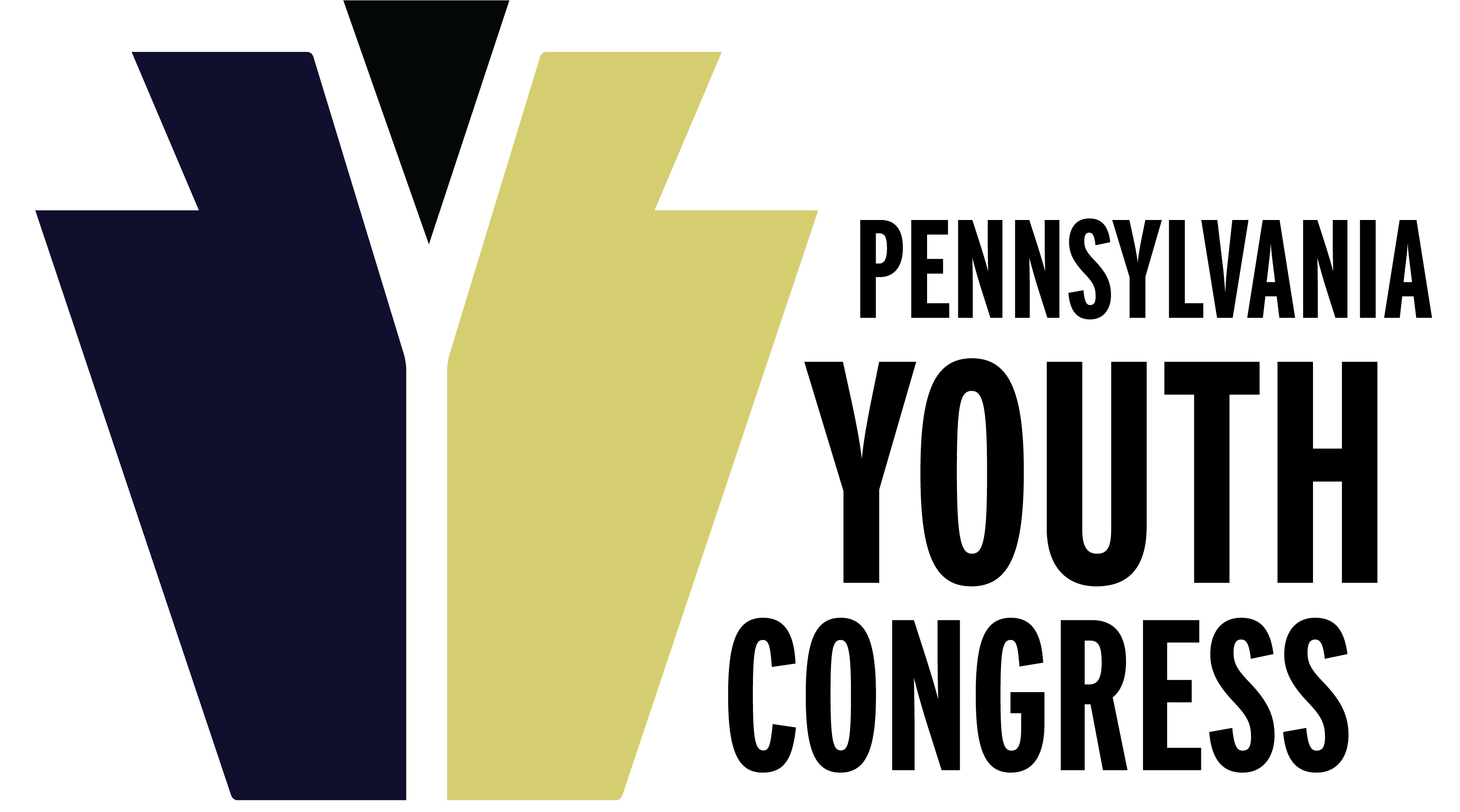| There are currently no state laws passed by the General Assembly in effect that explicitly provide for legal protections on the basis of gender identity or sexual orientation.
The only state policy in place directly relating specifically to LGBTQ rights is marriage equality, which was granted through a decision in the US District Court for the Middle District of Pennsylvania in May 2014. Pennsylvania continues to have the weakest protections for LGBTQ individuals in the northeast United States. |
| Nondiscrimination Protections Since 1982, at least 71 municipalities and four counties in Pennsylvania have adopted local nondiscrimination ordinances inclusive of sexual orientation and gender identity. In 1975, Gov. Milton Shapp signed an Executive Order prohibiting employment discrimination on the basis of sexual orientation against those working for the Commonwealth government. This order has been renewed by every single Governor since, with Gov. Ed Rendell expanding it to include gender identity. The state Board of Education adopted a regulation in 2009 that provides for sexual orientation nondiscrimination protections in education statewide. As separate units of local government, school districts do adopt their own nondiscrimination policies in addition to what policies are set statewide. Please visit our webpage on transgender student non-discrimination protections here. Under a state regulation that went into effect in 2023, the Pennsylvania Human Relations Commission (PHRC) began formally taking in complaints of anti-LGBTQ discrimination under the definition of sex, which is an existing explicitly protected class under the state nondiscrimination law. Those who experience anti-LGBTQ discrimination in housing, employment, and public accommodations can currently file complaints with the PHRC here. Hate Crimes In 2002, the state legislature passed an LGBTQ-inclusive hate crimes bill. However, that law was struck down by the Commonwealth Court on a technicality in 2008. Variations of local LGBTQ-inclusive hate crimes protections currently exist in Philadelphia (2014) and Pittsburgh (2021). Marriage Equality Pennsylvania has had marriage equality since May 2014 through the Whitewood v. Wolf decision was handed down by a federal court. Judge John E. Jones ruled in the US District Court for the Middle District of Pennsylvania in favor of marriage equality, and struck down the ‘mini-DOMA’ that had been in place in 1996. Marriages were immediately conducted throughout the commonwealth. The General Assembly itself has not passed any laws extending relationship recognition to same-sex couples. Nearly a dozen civil union and marriage equality bills had been introduced between 2010-2013. Adoption Two parents, regardless of their sex, can become the legal guardians of a child in Pennsylvania. This is ensured by the US District Court ruling in 2014 in favor of marriage equality. Additionally, in 2002, the Supreme Court of Pennsylvania ruled that second-parent adoption is legal for same-sex couples. This was a two-step process, as there was no state policy between 2002-2014 that allowed same-sex parents to outright and jointly adopt a child. The legislature has not passed legislation granting or prohibiting two parents of the same sex to adopt. Gender Recognition: Name and Gender Marker Changes Pennsylvania does allow for its citizens to change their legal name and sex. The name change process is handled through county courts and can be completed in as little time as three – six months. Since 2010, Pennsylvanians have been able to change the gender marker on their driver’s license with a doctor’s note through PennDOT – without gender confirmation surgery as had been the case before. Changing the gender marker on a birth certificate does not require a note from a physician that any gender confirmation surgery has taken place. Please review the Eastern PA Trans Equity Project’s Name Change page here for more information and a step-by-step process on updating your name. Conversion Therapy Ban for Minors Sanctuary Status |
